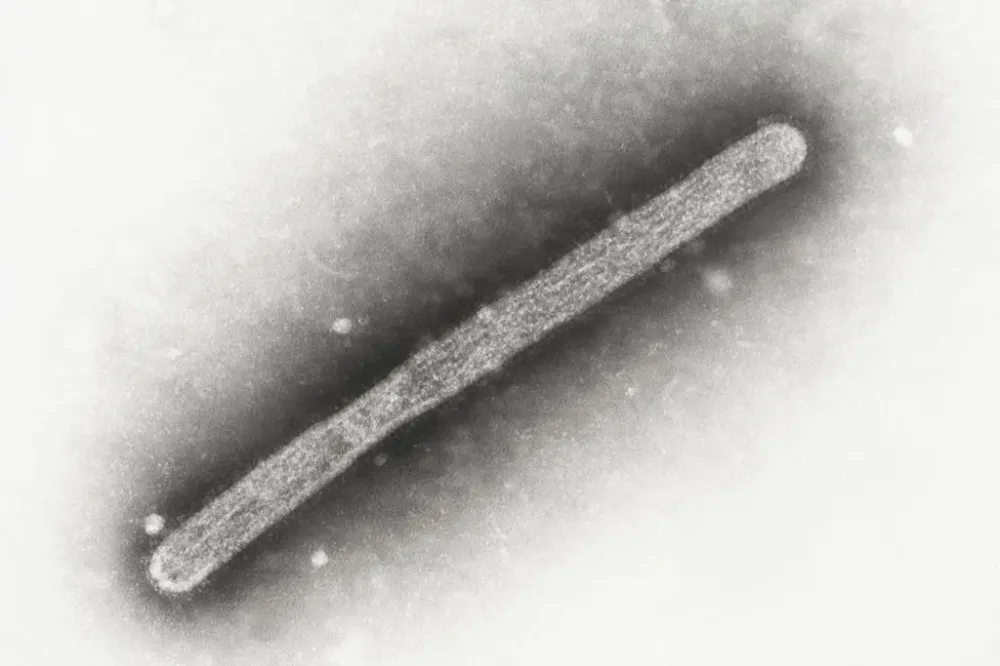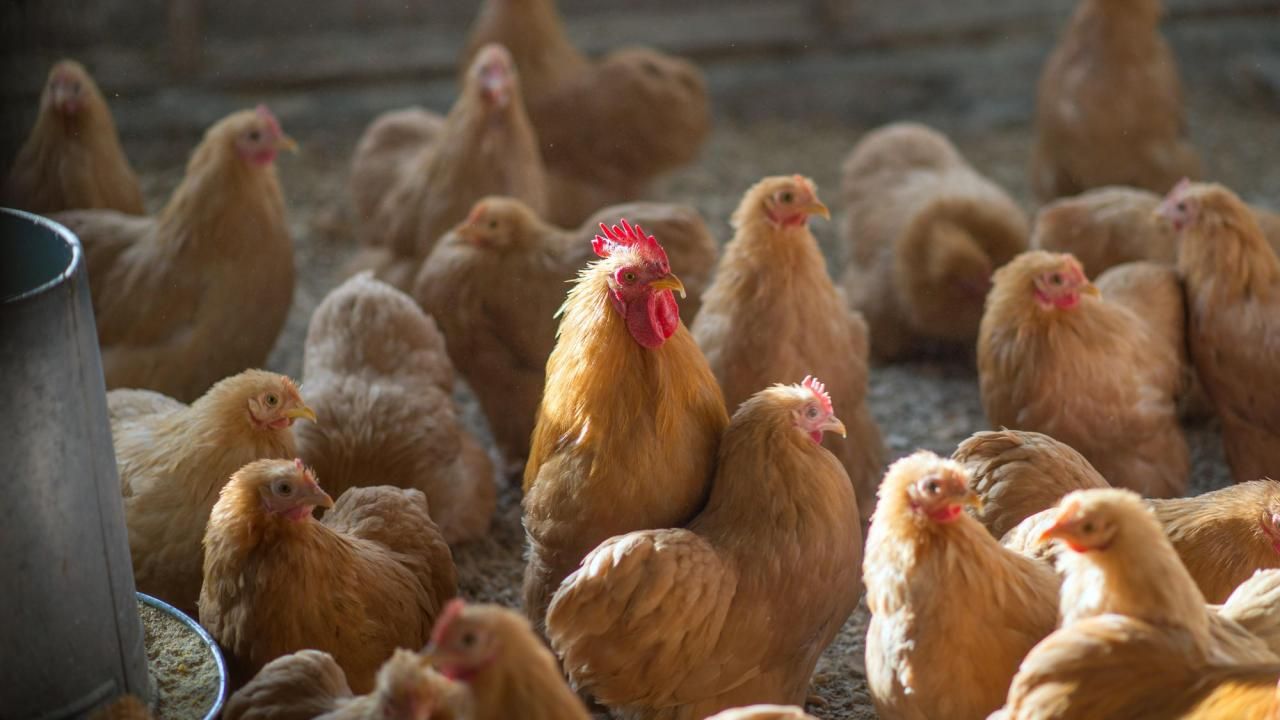The U.S. government is funding flu shots for farmworkers to prevent the bird flu from potentially mutating into a more dangerous form. Outbreaks of bird flu are occurring on dairy and poultry farms, with 13 workers having been infected so far. These cases are mild and are believed to have been contracted directly from the animals.
Health officials are particularly concerned about the possibility of coinfection with bird flu and seasonal flu, which could lead to the viruses exchanging gene segments through reassortment.
This could make bird flu capable of spreading as easily among humans as seasonal flu does. To mitigate this risk, the Centers for Disease Control and Prevention (CDC) announced a $5 million investment in seasonal flu vaccinations for livestock workers, along with another $5 million to promote these vaccinations.

Dr. Nirav Shah of the CDC emphasized the importance of reducing the risk of the virus changing by encouraging vaccination. While seasonal flu shots do not protect against bird flu, they can help prevent coinfections, which is a significant step in managing the risk. Additionally, the CDC is considering offering the antiviral medication Tamiflu to some farmworkers as a preventive measure against the flu.
There are approximately 200,000 livestock workers in the U.S., but only about 25% typically receive a seasonal flu shot. Despite the ongoing production of a limited amount of bird flu vaccine for humans, the government does not currently recommend it for farmworkers due to the lack of person-to-person transmission of the virus.
The bird flu virus H5N1 has been spreading since 2020 among various mammals globally, including in the U.S. where it was detected in livestock earlier this year. This spread across multiple species underscores the importance of proactive measures to prevent a potential pandemic stemming from the bird flu.
